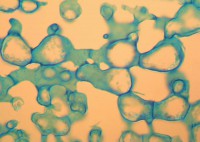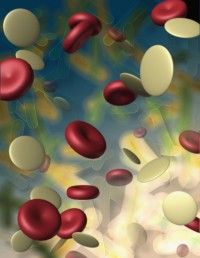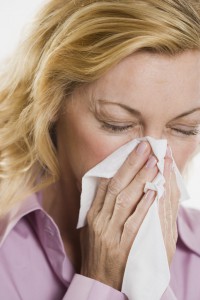
Cancer cells appear to a well-functioning immune system as “foreign” cells. When cancer cells develop the immune system swings into action, using a dual action force to knock them out just as it does with foreign invaders. First your immune system launches innate responders like Natural Killer Cells to seek out and attack these cells (see our previous post). Your body’s first line of defense against cancer cells, viruses, bacteria and other harmful substances, Natural Killer Cells are the equivalent of the immune system’s Seal Team 6.
Adaptive responders like T-cells provide the immune system’s second wave of defense. Like an army’s occupying force, T-cells support Natural Killer Cells and other immune system “specialists” to provide your body with continuous, long-term protection.
Like Natural Killer Cells, T-Cells are a type of lymphocyte that originates in the bone marrow. T-cells eventually migrate to the thymus from which they get the “T” in their name. A specialized organ of the immune system, the thymus straddles the trachea and is located in the lower neck below the thyroid gland. In the thymus, T-cells undergo their final stage of maturation and receive their marching orders.
There are several different types of T-cells, each tasked with playing a specific role in helping with the recognition, attack and destruction of cancer cells and harmful invaders.
Issels Autologous Vaccine stimulates the formation and activation of T-cells. When used in conjunction with Issels integrative immunotherapy, autologous vaccines can strengthen and enhance your body’s immune system response to cancer cells. Visit our website to find out more.





